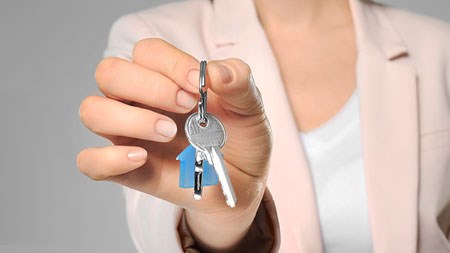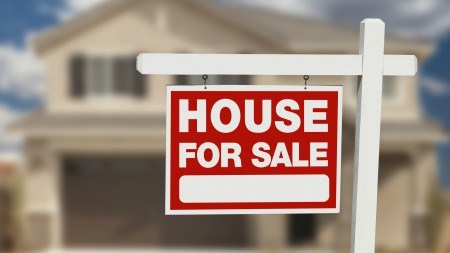You’ve decided to sell your house and you call in an agent to value your property. You decide that the agent doesn’t know what he’s talking about and opt to market the property at a higher price. You also add on the odd R100 000 because you believe you can always lower the price at a later stage if no one shows any interest. Great strategy? Perhaps not!
While every seller wants to achieve the best possible price, what exactly that price will be and what a buyer will be willing to pay, depend on a number of factors including market conditions, the area in which the property is situated, the amenities that the property offers and the overall condition of the home.
One of the problems many sellers face is objectivity – or rather, the lack thereof. Let’s be honest, it’s hard to hear that the home you love is worth a lot less than you originally thought, and this is particularly true if you are in the process of purchasing a much more expensive property.
Listen to your agent
Reputable agents do not thumb-suck figures and, believe it or not, are not in the habit of under-valuing homes in order to sell quickly and earn an easy commission. Conversely, the more a property sells for, the higher the commission, and so it stands to reason that any agent worth his salt is going to go all out to ensure that a property sells for the highest price possible.
That said, agents also know the market. They know what sells at what price and what doesn’t. They have been down this road many times before and understand that the chances of selling a grossly overpriced home are virtually zero.
While the seller has every right to market his home at any price, overpricing leads to a number of problems. Firstly very few, if any, agents are going to show the property to a prospective buyer if they don’t believe it’s worth the money being asked – especially if there are other, more realistically priced homes available.
Secondly, sellers who overprice their homes in order to “test” the market are going to come unstuck. No one reads yesterday’s news and as such, prospective buyers are likely to overlook the home even after the price has been reduced. Also, the fact that a home has been on the market for months often leads buyers to assume that there is a problem; after all, something must be amiss if no one has taken the plunge and bought.
Get a second opinion
But this all said, don’t just take one agent’s word on the pricing matter. Contact at least three local agents and ask them all to value the home and provide a detailed comparative marketing analysis that indicates how they arrived at their figure. Sellers can also use Lightstone for a valuation of their home that is based on the amount registered at the Deeds Office and, for a nominal fee, can view the values of other homes in the area. This service is particularly useful for those who decide to sell privately.
A canny seller also doesn’t automatically decide upon the highest amount, particularly if this figure is far in excess of the other valuations. It appears that this is usually the norm, but what sellers often then find is that the property ends up selling for a much lower figure, and more often than not, that figure is far lower than the market-related valuations.
The property market is steadily improving and, while people are willing to pay more for a home, this certainly does not mean that they will toss caution to the wind and buy something that simply isn’t worth the money. Like the seller, they want to get as much value out of the deal as possible.





